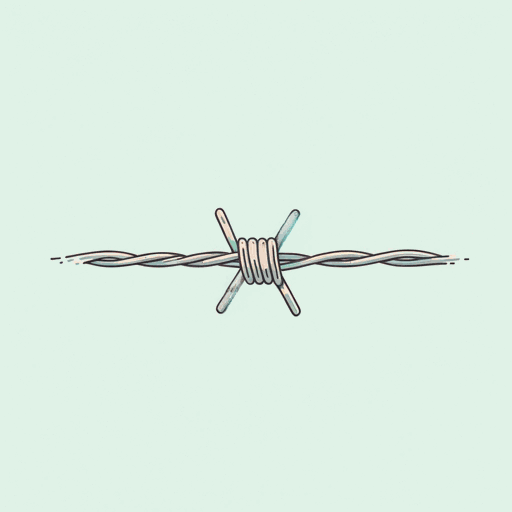35 pages • 1 hour read
George TakeiThey Called Us Enemy
Nonfiction | Graphic Novel/Book | Adult | Published in 2019A modern alternative to SparkNotes and CliffsNotes, SuperSummary offers high-quality Study Guides with detailed chapter summaries and analysis of major themes, characters, and more.
Pages 151-205Chapter Summaries & Analyses
Pages 151-205 Summary
A few months later, a Quaker man named Herbert Nicholson begins delivering books to several of the camps. The books come from Vronman’s Bookstore. Nicholson soon expands his services, “delivering books, donations, personal effects, and even a loved one’s cremated remains” (147). The camp directors allow Nicholson’s visits, but one day he is attacked on the road while making deliveries. An illustration on Page 146 show a truck chasing Nicholson’s truck, with men in the back firing at him with guns. Nicholson continues his deliveries, and George later understands how he endangered himself for the prisoners.
On July 1, 1944, Public Law 78-405 is codified into law. The bill states that Japanese American citizens who are willing to renounce their citizenship can be repatriated to Japan, even though many of them have never been there and were born in America. George describes it as “the ‘right’ to become ‘enemy aliens’” (149).
On December 18, 1944, the newspapers report that the camps will close within six to 12 months. This frightens many people in the camps; they no longer have homes to return to or hope of resuming their former jobs. George’s mother renounces her citizenship. She hopes that if enough of them follow suit, the government will have to rethink its strategy.

